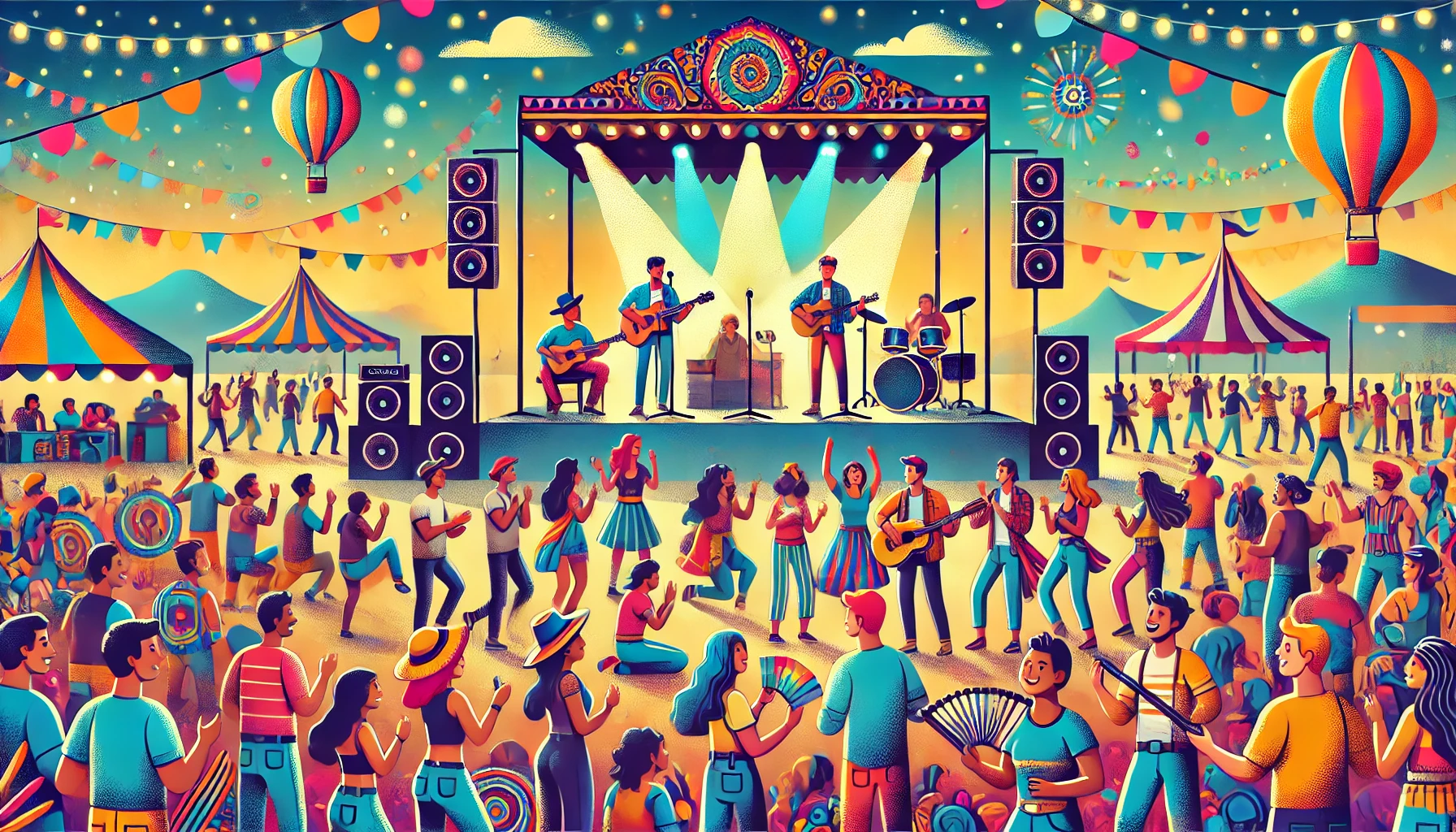
Music, a universal language that transcends cultural and linguistic barriers, is a harmonious combination of sounds that evoke emotions, memories, and thoughts. It has existed in various forms throughout human history, playing a crucial role in shaping civilizations and individual identities.
Defining Music
At its core, music is the art of arranging sounds in time to produce a composition. This composition typically consists of elements like melody, harmony, rhythm, and timbre. It can be vocal or instrumental, structured or improvisational. While the definition may seem simple, the essence of music is deeply complex, rooted in human creativity and expression. From the calming chants of ancient tribes to the electrifying beats of modern electronic music, it manifests in countless styles and genres.
The Universal Appeal of Music
What makes music so extraordinary is its ability to connect with people on an emotional level. Unlike spoken language, which relies on words, music communicates through tone, tempo, and dynamics. A single melody can evoke joy, sadness, nostalgia, or even euphoria. This universality has made music a staple of human life, accompanying us in celebrations, rituals, and even moments of solitude.
Why Do We Need Music?
- Emotional Expression: Music provides a channel for expressing feelings that words cannot. It allows both creators and listeners to explore and process complex emotions.
- Cultural Significance: Music is a powerful cultural marker. It preserves traditions, tells stories, and conveys the values of communities. Folk songs, for example, are a window into the history and ethos of a region.
- Mental and Physical Well-being: Scientific studies have shown that music can positively impact mental health. Listening to soothing music can reduce stress, lower blood pressure, and improve mood. Additionally, active engagement, such as singing or playing an instrument, can enhance cognitive function and promote mindfulness.
- Social Connection: Music brings people together. Concerts, festivals, and jam sessions create shared experiences that foster a sense of belonging. Even on a smaller scale, singing a lullaby to a child or playing an old favorite with friends strengthens bonds.
- Enhancing Productivity and Creativity: Many individuals find that listening to music while working or studying boosts concentration and sparks creativity. Different genres serve different purposes; for example, classical music can improve focus, while upbeat tracks can energize and motivate.
The Future of Music
As technology evolves, so does music. Digital tools and platforms have made music creation and distribution more accessible than ever. Artificial intelligence is now being used to compose music, offering new possibilities while challenging traditional notions of artistry. Despite these advancements, the fundamental purpose of music remains unchanged: to connect, inspire, and heal.
Conclusion
Music is more than entertainment; it is a vital part of human existence. It enriches our lives, offers solace, and connects us to one another. As we move forward in an increasingly fast-paced world, the need for music—as a source of joy, reflection, and unity—becomes even more pronounced.

Sometimes, I feel alone. During such moments, I listen to music, which brings me comfort and satisfaction.